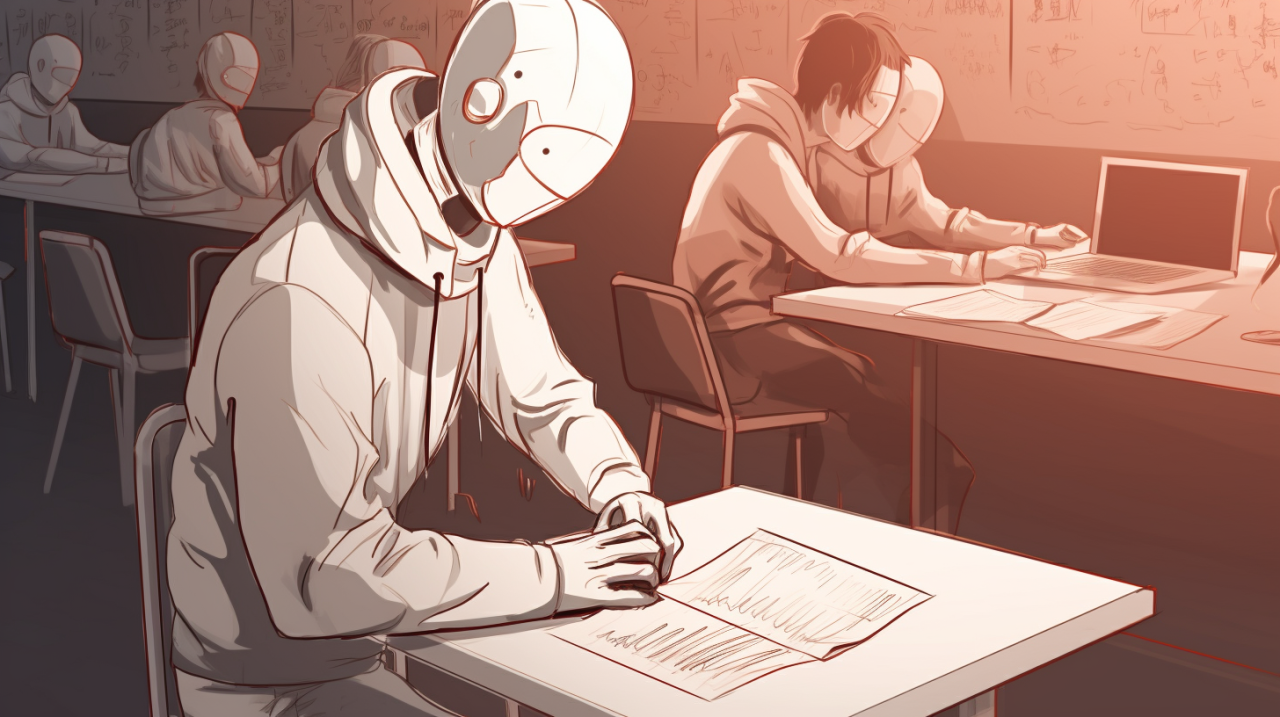The digital age has ushered in a wave of powerful tools, transforming every facet of our lives, including the way we learn. Artificial intelligence, like Gauth, with its ability to process information, generate creative text formats, and even solve complex problems, has become an increasingly prevalent force in education. While AI homework helpers offer a tantalizing glimpse into a future of personalized learning and academic support, their very existence necessitates a critical conversation about a cornerstone of education: Academic Integrity.
The question arises: how do we reconcile the potential benefits of AI assistance with maintaining the originality and authenticity that are fundamental to true learning?
The Two Sides of the AI Coin: A Boon and a Bane for Academic Honesty?
Imagine a student grappling with a particularly challenging coding assignment. Late at night, frustration mounting, they turn to an AI tool for help. The AI, with its access to a vast reservoir of code libraries and algorithms, can generate a flawlessly functional code snippet in a matter of seconds. On the surface, this seems like a godsend – a lifeline for a struggling student. But it also opens a Pandora’s Box of ethical dilemmas. Where does legitimate assistance end and plagiarism begin?
This blurring of lines extends far beyond coding assignments. AI tools now possess the ability to write essays that mimic human-like expression, solve intricate mathematical problems with step-by-step solutions, craft poems and musical pieces, and even produce original artwork. This explosion of AI capabilities presents both an unprecedented opportunity and a significant risk to the principles of academic integrity.
Navigating the New Terrain: Strategies for Preserving Originality in an AI-Driven World
The challenge before us is to harness the transformative potential of AI in education while safeguarding the values of intellectual honesty, original thought, and authentic learning. Here are some key…
Read the full article here

Leave a Reply